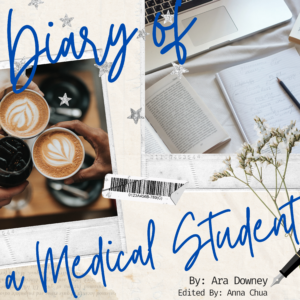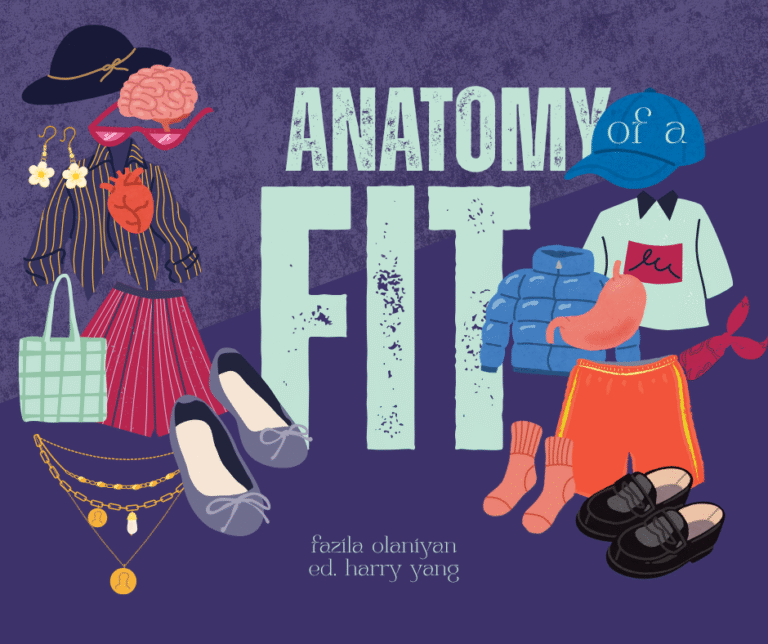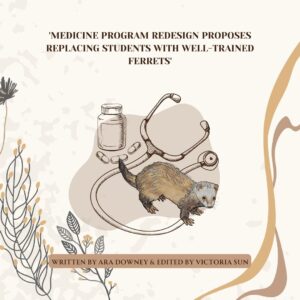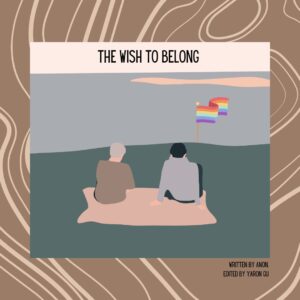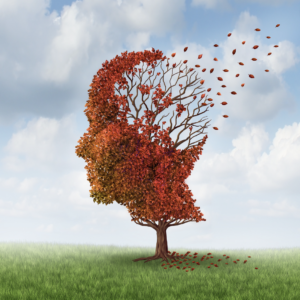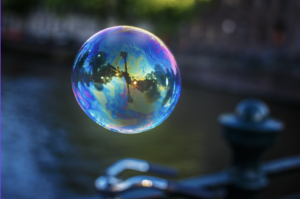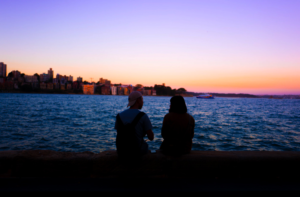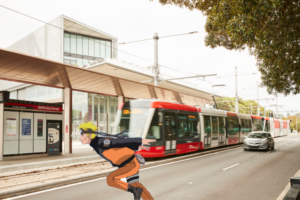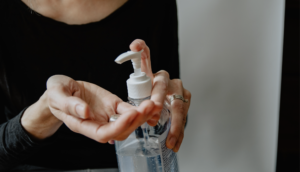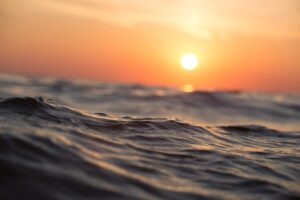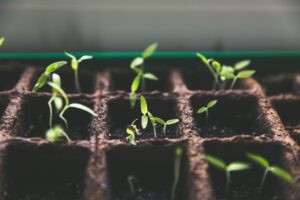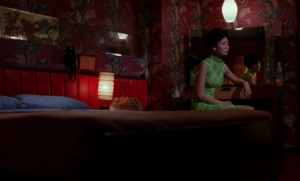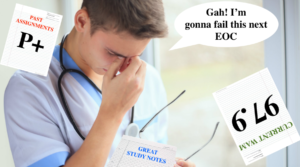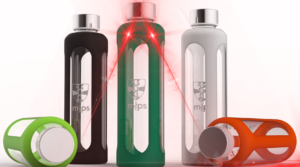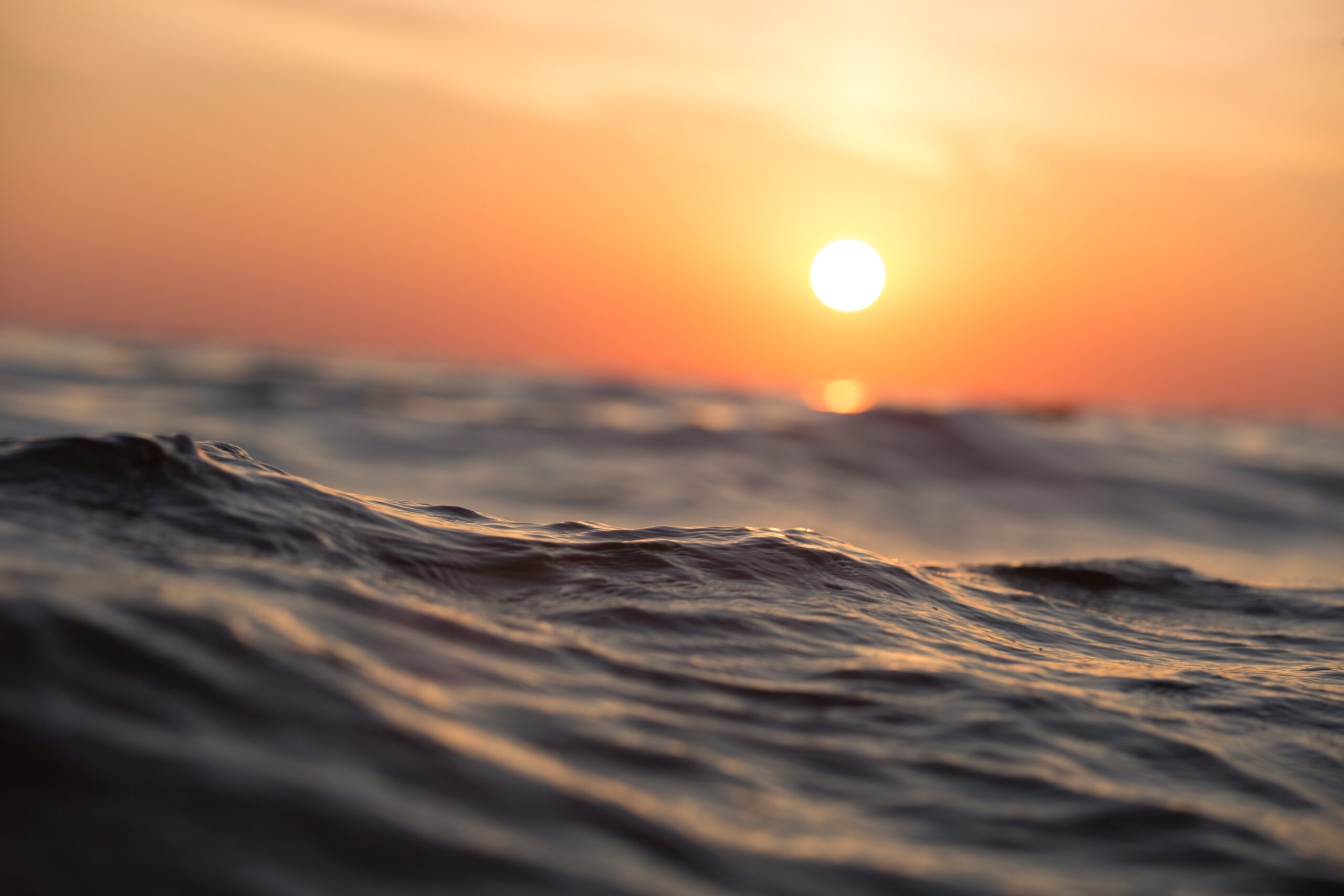
By Sandra Goria
“Dreams and Disillusionment in Medicine” Writing Competition Winner
"Beauty is truth, truth beauty,—that is all
Ye know on earth, and all ye need to know."
- John Keats, Ode to a Grecian Urn
Two days before the start of my first day of Medical School.
We sat on the towering rocks just beside the small pool on the edge of Coogee beach, his hands warming me as we waited in the pre-dawn cold for the burst of sunrise. The sound of the waves crashing, moving to and fro, had us suspended in a meditative haze.
Peace. The calm nearly had him asleep.
A light kiss on his arm woke him just as the first light of the day appeared, unobstructed by clouds. The golden sun emanated more gloriously, protruding lines of soft light that cut through the baby blue sky slowly painted by the sun. The day had begun and just as it seemed all too perfect, with the crisp freshness and subtle smiles to one another that exchanged our excitement. With the creatures waking and birds graciously flying over the picturesque artwork before our eyes. With a gentle wind that lightly swayed his curls…
He threw me in. Clothes on and everything.
Laughing, of course. But he didn’t know that he was next. I mean, I guess he did because he undressed in a millisecond, leaving his swimmers on underneath. It was hard to outsmart him. Pulling him in, we splashed about as the children we were inside. “3, 2, 1” – we both dunked our heads under, water running through each strand of hair, like a massage but more refreshing. The ice-cold water flowed over in all directions and we felt as free as the water that cartwheeled and rolled around us.
Intoxicated with joy, I was unsure why at one point he just stood there, smiling at me. It was one of those smiles that said, “I don’t know when we’ll do this again”. I’d forgotten that our summer was reaching a close, so I stood up, gazing into his eyes, went over to him and we held each other.
***
Two years later
“A water clock, or clepsydra (derived from the Greek kleptein, ‘to steal’ and hydor ‘water’) is a device that uses the flow of water into or out of a vessel to measure time.”
On the days I’m not entrenched in the mechanics and intricacies of hormones, anatomical relations, physiological laws in humans and interpreting blood tests, I enter worlds of human history. The Babylonians, Ancient Egyptians, Greek and Roman worlds, the Asiatic empires and those of Africa. Curiosity boils within me as I discover these past worlds and I enter worlds of Philosophy. Kant, Bentham, Descartes, Kierkegaard and Hume. Religions excite me, delving into the realms of belief in Hinduism, Christianity, Buddhism, Islam. I am plunged into new waters and my sails navigate through both turbulence and stillness.
The water clock was invented in Egypt sometime before 16th Century BC. They were simple, the ones in Egypt and Babylon. Using an outflow system to get water to drip at a constant rate to measure the time. Some of the earliest known medical texts come from Egypt and Babylon as well. In Babylon, it was a Diagnostic handbook by Esagil-kin-apli and in Egypt, it was Eber’s papyrus.
I remember my first anatomy lab – mutilated cadavers scattered on tables, seeing real fingernails and faces… they don’t cover the delicate faces like they do in American medical schools. A friend once shook a cadaver’s hand and no one batted an eye; that’s when I realised, we were all used to it.
In the hospital, I remember a man who had Parkinson’s. His face wouldn’t move. He would try to speak, but he couldn’t, and our tutor left to do something. I don’t know why our tutor asked us to take a history from him. Six medical students around this man who pattered out whispers, then breathless groans that were unintelligible. We didn’t know what to do, the heavy-breathed groans became louder and he began crying. Crying became wailing and it was perhaps one of the worst days at hospital. A nurse looked at him and said “keep it down.” I still wonder what was going on in his mind.
And, little town, thy streets for evermore
Will silent be; and not a soul to tell
Why thou art desolate, can e'er return.
- John Keats, Ode to a Grecian Urn
In ancient times, the clepsydra was often made of ancient urns and vessels that came in various shapes and sizes depending on the region. If we neglect viscosity, we can use Torricelli’s theorem (derived from Bernoulli’s principle) in fluid dynamics to understand how the clepsydra works. How it ticks over and tells us about this simple, yet simultaneously unfathomable concept called time.
***
In around five years’ time, I hope to graduate. The gowns, the oxford caps thrown into the air, the beginning of a new chapter. I hope he’ll still be there next to me, and we’ll be elated knowing that we can properly start our lives together. Where shall we go after? My mind files through longed-for destinations; hiking up mountains in Switzerland, riding bicycles by the lakes of Amsterdam, a picnic by the cherry blossom trees in Japan or exploring our forefathers’ lands of the Middle East.
After graduating, it’s internship. And after that, residency. Then you can specialise. A surgical intern once told me that you shouldn’t take gap years because it looks bad on your applications. It says, “you struggle to cope.” It’s go, go, go. I’ll be around 30 when I finish. I’m 20. I’ve been told what the next 10 years of my life will look like already. Time is ever-present. I ponder; to what end does the time pass?
The ancient Greeks and Romans enhanced the engineering of the water clock with a new inclusion of an ‘automata’ that increases the accuracy of the water clock. Modern water clocks have the greatest accuracy of their kind that humans have ever witnessed. The water is tight, controlled, told by the manoeuvres, the mechanisms, the robotics, when to move and when to stay. When to be freed or when to be shackled.
O Attic shape! Fair attitude! with brede
Of marble men and maidens overwrought,
With forest branches and the trodden weed;
Thou, silent form, dost tease us out of thought
As doth eternity: Cold Pastoral!
When old age shall this generation waste,
Thou shalt remain
- John Keats, Ode to a Grecian Urn
***
There are days in and amongst the stress of it all, the missing out of it all, that I lay down and cry. I am overwhelmed with where I am. I wonder how I even got here.
Tears drop like the ticks of the water clock. The ever-monotonous drips drowning life away. I think about the water clock again. How it controls water. How the Clepsydra, kleptein and hydor, meaning to steal water – does just that. Takes away the beauty of water. Forces it into filed order.
I remember. I remember the old urns, the water that flows freely, the breaking of the jars and the wild streams that ebb and flow through the earth. The water that refreshes the heart, the mind and the soul. We swim together, my love and I. The air is perfect, and our lungs breathe like they’ve never before. I am right where I am and am lost in the living, this most wondrous living, where time has dissolved away and we can, we can simply hold each other.
What mad pursuit? What struggle to escape?
What pipes and timbrels? What wild ecstasy?
Heard melodies are sweet, but those unheard
Are sweeter; therefore, ye soft pipes, play on;
- John Keats, Ode to a Grecian Urn
This story is about how dreams and disillusionment in medicine can manifest from the awareness and absence of time. Managing medicine as such a large part of our lives can make or break our dreams. The dream is to live truly. The pursuit of medicine can make someone lose themselves in the process of practicing medicine – this story breaks away the notion of medicine controlling someone, but one being in control of medicine in their life and finding the manifold ways to make medicine what it truly is… essentially a beautiful study about the human being.



